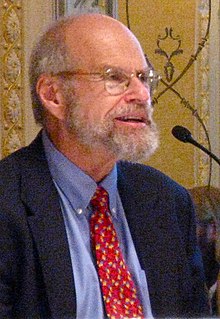A Quote by Lawrence Block
The short story, I should point out, is perforce a labor of love in today's literary world; there's precious little economic incentive to write one.
Related Quotes
I decided to make myself a little less precious with my storytelling. I think you can see from the first three pieces in the book that I have a long term relationship with the short story as a form and I really love an elegantly crafted story that has several elements that come together in a way that is emotionally complex and different from when we started. That kind of crystalline, perfect, idealized thing that the short story as a genre has come to represent.
I want to write about people I love, and put them into a fictional world spun out of my own mind, not the world we actually have, because the world we actually have does not meet my standards. Okay, so I should revise my standards; I'm out of step. I should yield to reality. I have never yielded to reality. That's what SF is all about. If you wish to yield to reality, go read Philip Roth; read the New York literary establishment mainstream bestselling writers
I like to write short stories more because I never met a writer who wasn't lazy. And a short story is, by its very definition, short. It is something that generally you can turn out in a week to two weeks depending on how well it goes for you. But, at the same time, it gives the same satisfaction of creating a complete world.
No music. No rituals. At home I write in my office or on the laptop in the kitchen where our puppy likes to sleep, and I love his company. But I've trained myself to be able to work anywhere, and I write on trains, planes, in automobiles (if I'm not the driver), airports, hotel rooms. I travel often. If I couldn't write wherever I was I would get little done. I also can write in short bursts. Fifteen minutes are enough to move a story forward.
But I'm not a small-literary-novel kind of guy, and once I'd developed the world in the first couple of hundred pages, I felt that there was potential here to go on and write an engaging story set in that world. So that's what I did. This probably ruins things both for the people who want small literary novels and for those who want action-packed epics, but anyway, it's what I wrote.
I think that there must be a point of self-immersion in a story that is a point of no return. You get far enough in that the story has really touched you to the core and deeply troubled you and made you unhappy and fearful, and then how do you get out of that? I'm a writer, so my way of getting out of that is to write.
Your corn is ripe today, mine will be so tomorrow. 'Tis profitable for us both that I should labor with you today, and that you should aid me tomorrow. I have no kindness for you, and know you have as little for me. I will not, therefore, take any pains upon your account . . . Here then I leave you to labor alone; you treat me in the same manner. The seasons change, and both of us lose our harvests for want of mutual confidence and security.






































